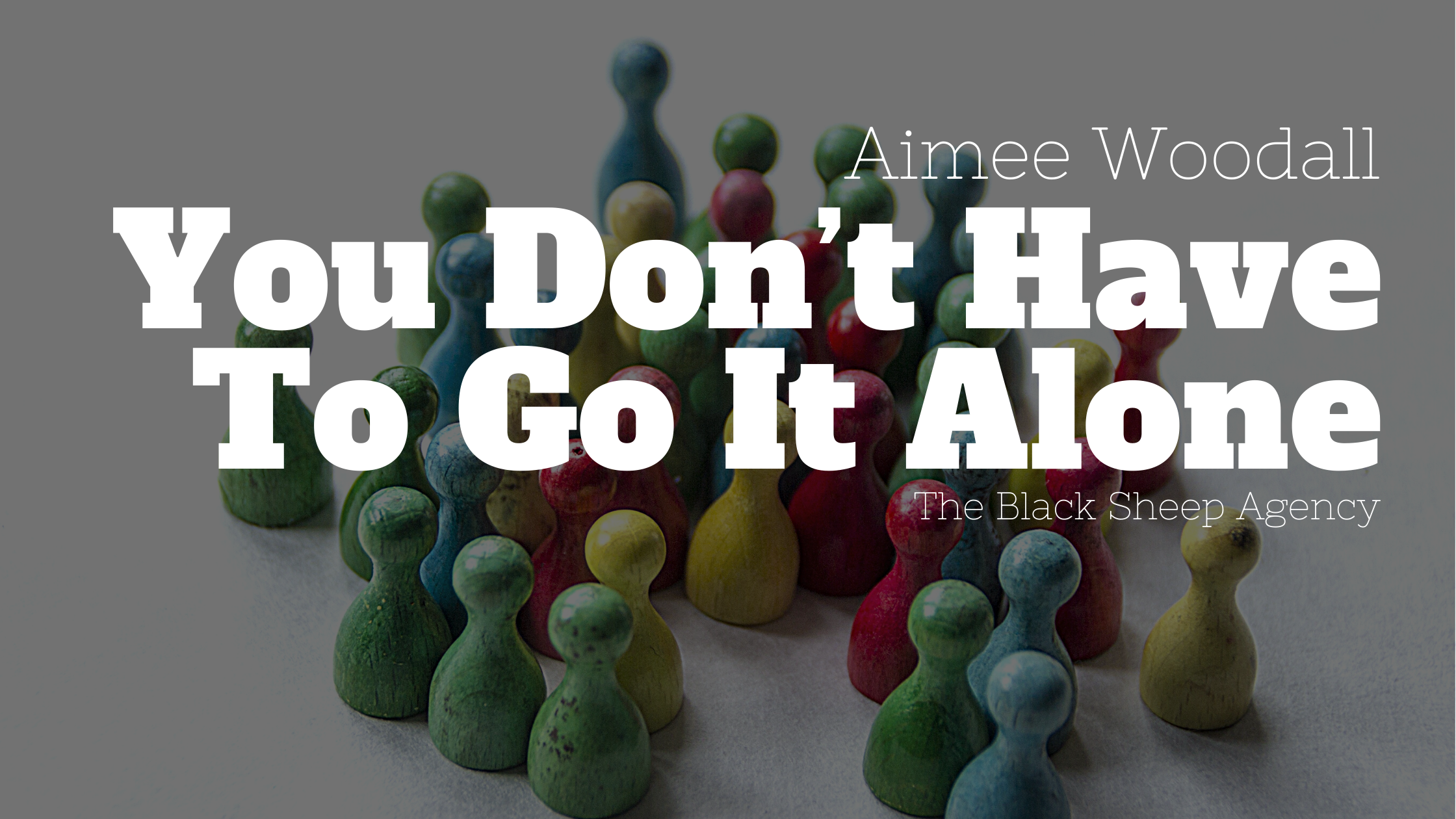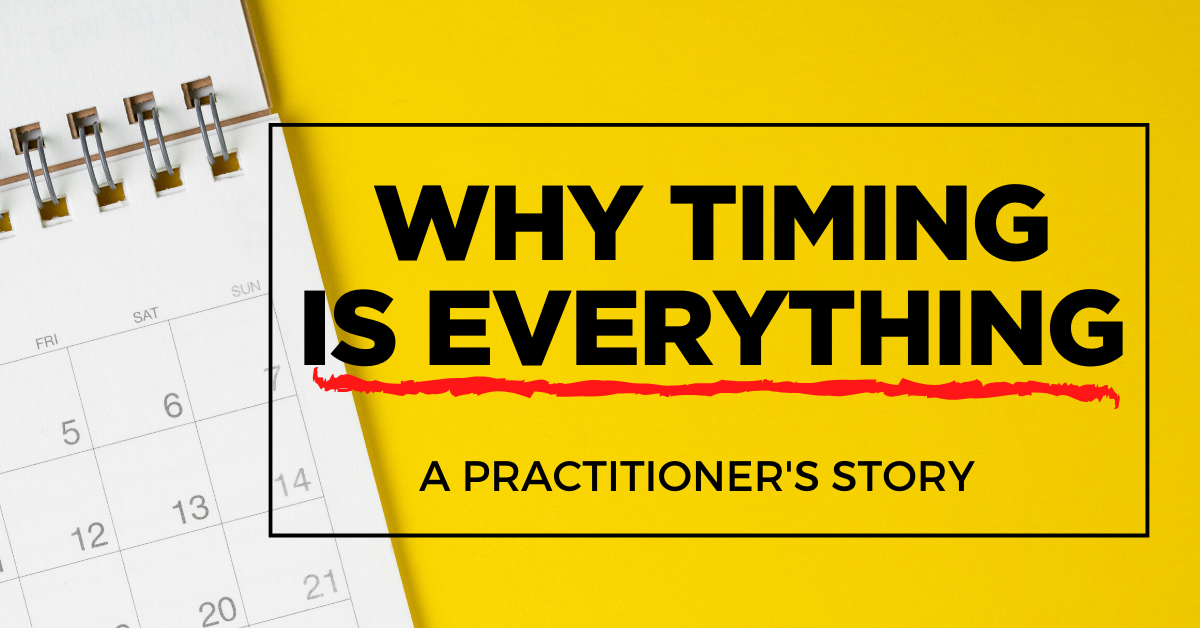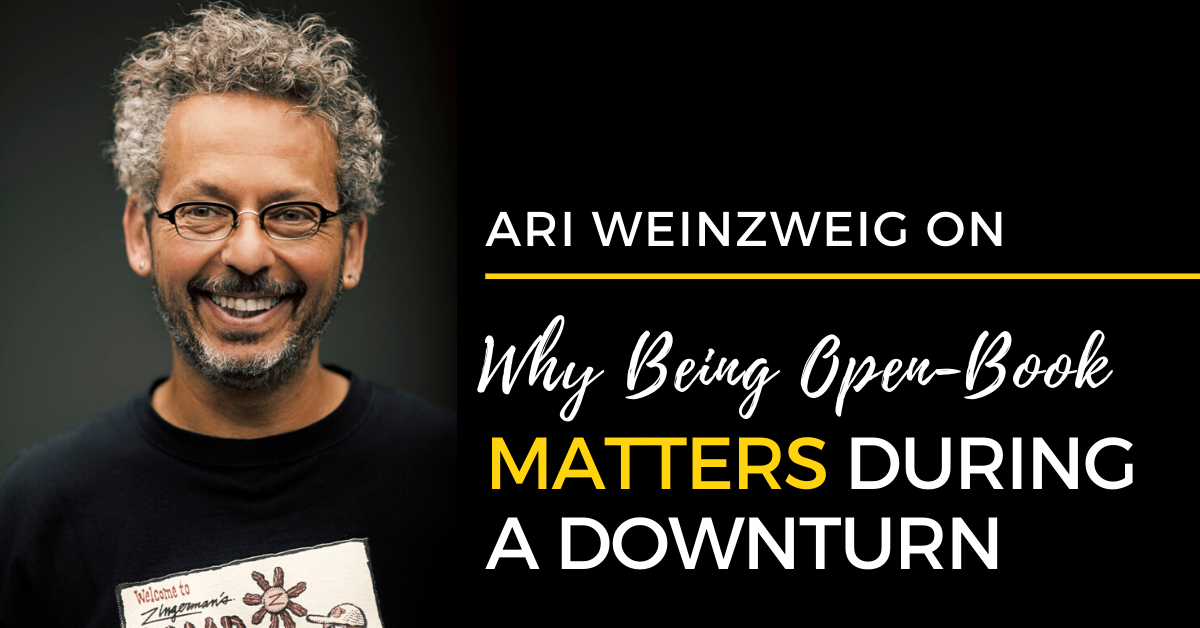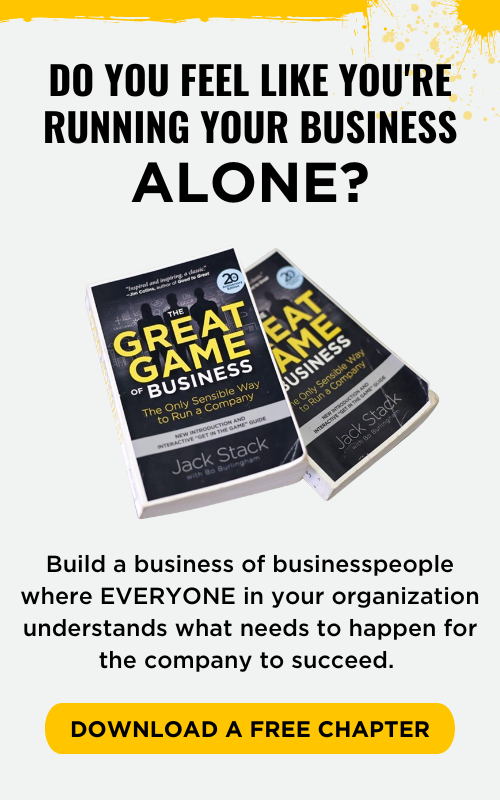When Martin Babinec founded the San Francisco-based company TriNet, a professional employer organization, back in 1988, he thought he was starting a small business that could help other small businesses thrive. Little did he know he was about to embark on a decades-long journey that would lead him to start a movement to bring good jobs back to his hometown—a journey that he credits Jack Stack and the Great Game of Business for helping fuel along the way.
Read More
I was listening to the January 3, 2021 sermon from Good Shepard NY. We were given the homework of intentionally remembering what brought you light in dark times of 2020. One of my points of light was my work with The Great Game of Business (GGOB). There is no better work than to have the opportunity to build businesses from the Frontline to the back office, enabling all in an organization to learn, develop and grow.
Read More
How One Business Owner Empowers Her Team To Think And Act Like Owners In 2006, Aimee Woodall set off from Georgia on a 2,190-mile adventure to hike the Appalachian Trail. Alone. Woodall was inspired to tackle the five-month trek a year earlier when she inadvertently struck up a conversation with a couple of hikers in the town of Hot Springs, NC. While Woodall, a native of Houston, Texas, wasn’t much of a hiker at the time, she wasn’t going to let that fact get in the way of beginning an epic adventure. “It’s my personality to dive into things in an extreme way,” says Woodall. “And I like the challenge of jumping into something cold turkey. I don’t let fear get in my way.”
Read More
Originally published in AEPNow on Monday, January 4, 2021 A Shreveport line mechanic installs new equipment on a pole near Line Avenue. Shreveport construction crews are completing capital projects at a faster pace than ever before thanks to a strategy that helps them understand the financial impact of their work. This year, the Shreveport District initiated a weekly schedule of pole replacements and other projects to build long-term assets.
Read More
We live in a strange time. It’s not always clear what’s true or what’s a figment of someone’s imagination—like a made-up story that people think is true that then spreads like wildfire on social media. When people can’t agree on facts anymore, it creates all kinds of problems.
Read More
One of the main concerns business owners have when first introduced to open-book management is related to what information will be shared. They fear that revealing details of the company’s financial picture will create stress and tension within the organization. For example, owners are often concerned about whether employee salary information is to be revealed. They even worry about the competition gaining access to their financials.
Read More
Inspired by Rich Armstrong & Steve Baker's book, Get in the Game: How to Create Rapid Financial Results and Lasting Cultural Change. The original Critical Number™ for Jack Stack and the people of SRC was obvious. With a debt to equity ratio of 89:1, they needed to make the bank loan payment. If they didn’t do that, nothing else mattered— their jobs would be gone. Debt was their weakness and they needed to drive it out of their business. Jack used that one common goal to rally people, get their buy-in and educate them. Not only why it was critical, but how they could influence it. Armed with a common goal people could understand and buy into, Jack could teach debt to equity, along with all the related financial education in their weekly Huddles. And after a year and fifty-two lessons, you can be sure they learned it.
Read More
When's the best time to start playing The Great Game of Business®? For SRC, it didn’t come down to a choice. They began playing Great Game™ back in 1983 out of desperation. It was a Hail Mary resort to save their business. They used the system to claw their way out of an 89-to-1 debt-to-equity hole. In the years since, many other companies have also turned to The Great Game of Business system as a last resort. Most of us are more open to change during tough times. What’s less common, though, is companies embracing the system during good times. Why fix something when it isn’t broken, right?
Read More
A conversion with Ari Weinzweig from Zingerman’s Community of Businesses. The pandemic has hit restaurants hard across the country. Even those that have remained open by offering delivery and take-out service have seen sales—as well as profits—drop, often by a lot. There’s also the question of how to manage furloughed or laid off staff—and when to bring them back to work. Finding answers to those questions remains top of mind for Ari Weinzweig, the co-founder (with Paul Saginaw) of Zingerman’s Community of Businesses (ZCoB), a collection of what is now 11 ventures based in Ann Arbor, Michigan. ZCoB includes an array of industries such as a deli, a bakery, a mail-order fulfillment house, a caterer, a training business (that teaches open-book management among other topics), a coffee company, a creamery, a restaurant, a candy maker, an event space, and most recently, a Korean restaurant. ZCob also includes a separate business called Zingerman’s Service Network that provides administrative services to its sister companies.
Read More
The coronavirus pandemic, and the subsequent economic shutdown, has seemed to punish some businesses more than others. That’s especially true for anyone in the travel, hospitality, or restaurant industries—all of whom have been essentially shut down with the economy. For these business owners, the rescue package offered by the government—and the payroll protection program, or PPP, in particular—offered a short-term lifeline to keep companies alive and people employed.
Read More

.png)















.png)




-5.png)

